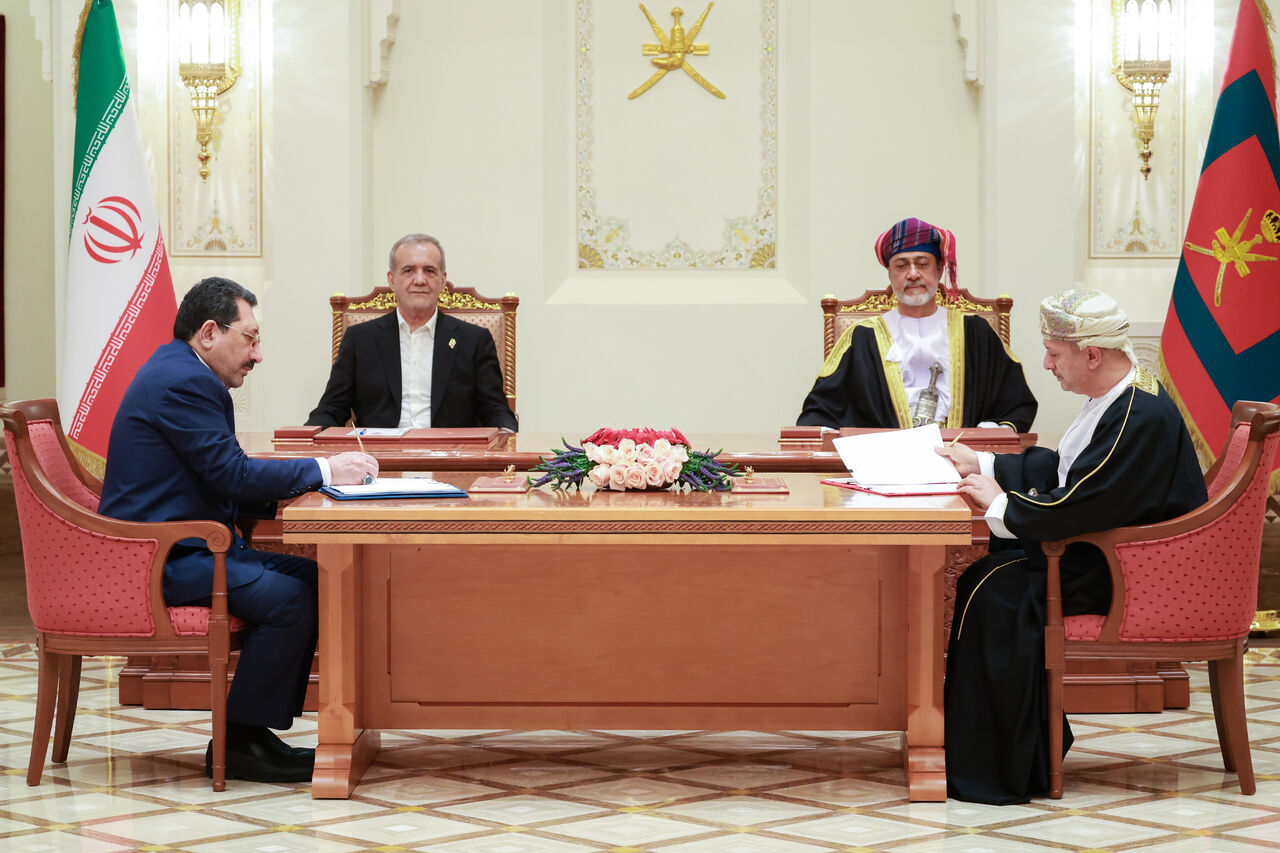
Similar Posts
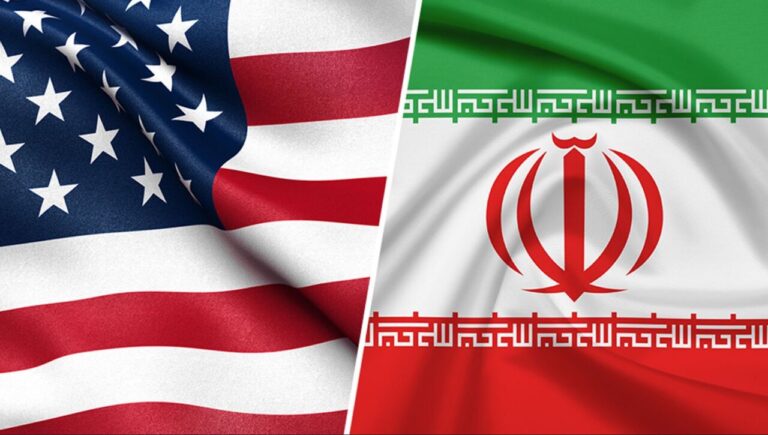
71-Year-Old Sentenced to 5 Years in Prison for Illicit Goods Shipment to Iran
Ray Hunt, a 71-year-old Alabama businessman, was sentenced to five years in prison for illegally exporting industrial equipment to Iran, violating U.S. sanctions. Known as Abdolrahman Hantoosh, he pleaded guilty to charges related to breaching the International Emergency Economic Powers Act. Hunt collaborated with Iranian companies and employed deceptive practices to evade detection, such as using third-party transshipment firms and misrepresenting export values. His sentencing aligns with increased U.S. sanctions against Iran, part of a strategy to limit its oil exports amid ongoing tensions. Iranian officials maintain that nations should independently determine their trade relations.
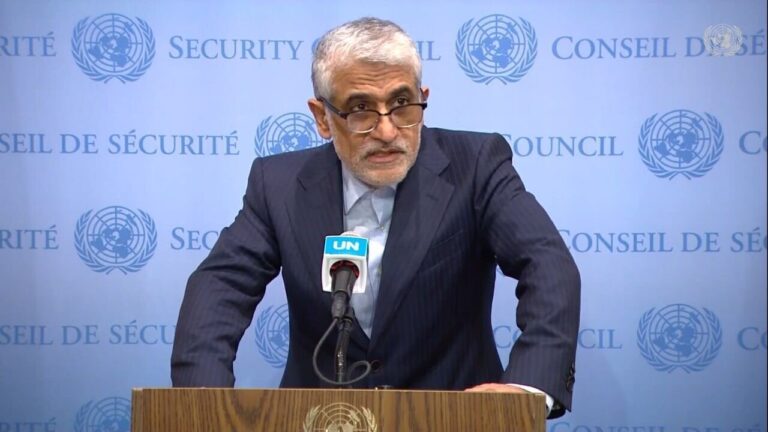
Urgent Call: Syria’s Interim Authorities Must Prioritize Civilian Safety
In a recent UN Security Council address, Iran’s Permanent Representative Sa’eed Iravani called for urgent action by Syria’s interim authorities to protect civilians in Latakia and Tartus amidst ongoing violence, particularly affecting the Alawite community. He condemned the violence, urged for humanitarian access, and highlighted the need to combat terrorism, particularly from foreign fighters. Iravani criticized Israeli violations of Syrian sovereignty and called for the lifting of U.S. and EU sanctions, which hinder recovery efforts. He emphasized that Syria’s future should be determined by its people and welcomed Syria’s return to the Organization of Islamic Cooperation, advocating for Iranian support for stability in the region.
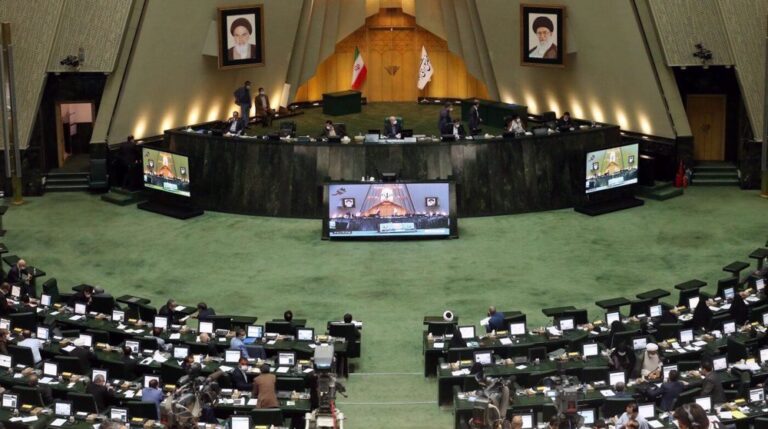
Iran’s Parliament Asserts Unwavering Commitment to Nuclear Rights
Iranian lawmakers have strongly criticized U.S. officials’ comments on Iran’s nuclear rights, particularly regarding uranium enrichment. They argue that the U.S. is in decline, facing domestic protests and entangled in international disputes due to its unilateral policies. The lawmakers defended Iran’s nuclear activities as legal under the Treaty on the Non-Proliferation of Nuclear Weapons, asserting the nation’s right to peaceful nuclear energy. They claimed that U.S. threats and negotiations with Hamas reveal its weakened position. Ultimately, they vowed to uphold Iran’s interests and reject any perceived overreach from the U.S., emphasizing their commitment to defend their rights in international relations.
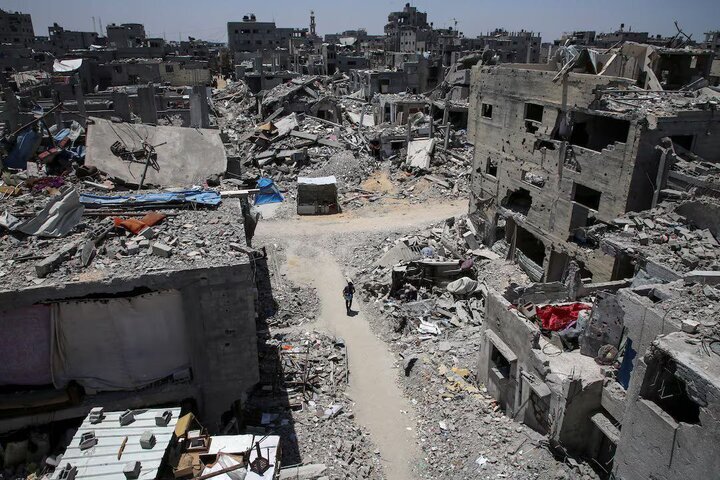
After the Conflict: Power Struggles and Leadership in Post-War Gaza
Calls for a ceasefire in Gaza have ignited discussions about future governance in the region, focusing on three main perspectives: the Zionist view advocating for Gaza’s annexation, the European Union’s plan to replace Hamas with the Palestinian Authority (PA), and the American strategy promoting PA control with international support. US Secretary of State Anthony Blinken indicated a preference for the American plan, highlighting the PA’s reforms. Potential leaders include Mohammad Dahlan, Salam Fayyad, and Hossein al-Sheikh, with Marwan Barghouti emerging as a popular choice among Palestinians. The future remains uncertain, with Hamas’s influence posing challenges for any new governance structure.
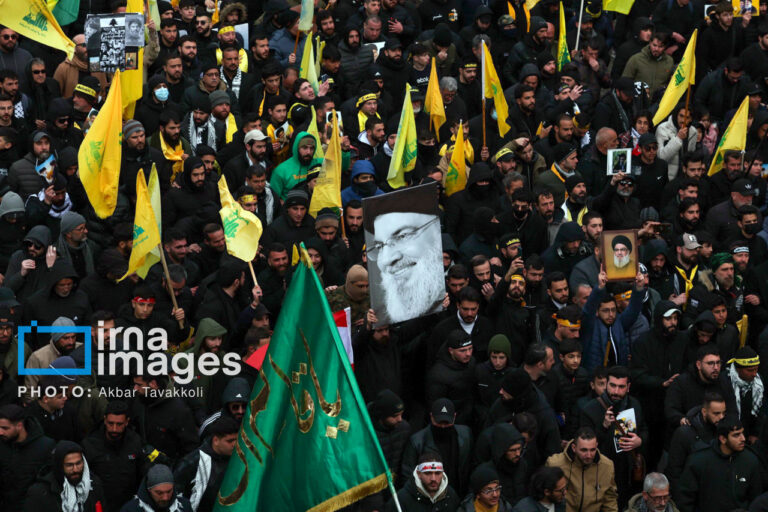
Beirut’s Vibrant Hezbollah: Nasrallah and Safieddine’s Funeral Highlights Resilience, Says IRGC
Iran’s Islamic Revolution Guards Corps (IRGC) emphasized the significance of the recent funeral for Hezbollah leaders Sayyed Hassan Nasrallah and Sayyed Hashem Safieddine in Beirut, which attracted hundreds of thousands of mourners. The IRGC noted the massive participation from diverse nations, showcasing Hezbollah’s strength and global support for their resistance. The event symbolized defiance against Israeli threats, with warplanes flying overhead, and reinforced the Islamic world’s commitment to resisting occupation in holy sites. The IRGC issued warnings to Israel, highlighting the serious consequences they face from those dedicated to the resistance and the legacy of these leaders.
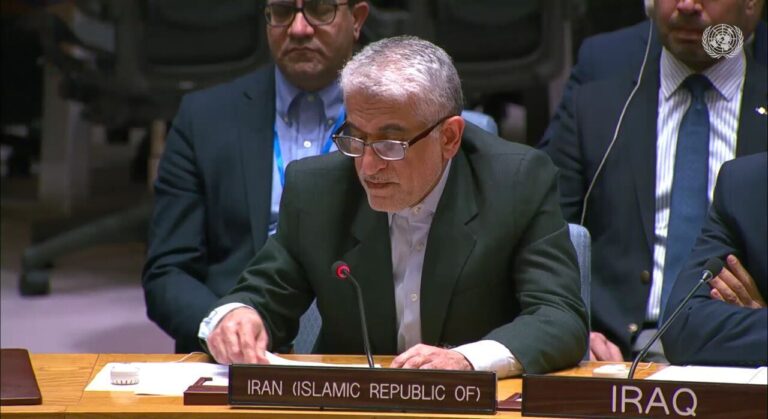
Iran Urges Global Condemnation of Ongoing Israeli Strikes in Syria
Iran’s UN Ambassador Amir-Sa’eed Iravani addressed the Security Council, emphasizing the illegal Israeli occupation of the Golan Heights and its negative impact on Syria’s sovereignty and regional stability. He highlighted the need for unpoliticized humanitarian aid, welcoming recent sanctions relief by the U.S. and EU, but called for the complete removal of all unilateral sanctions. Iravani condemned foreign military presence in Syria, particularly by Israel, and reiterated Iran’s commitment to combating terrorism. He advocated for a political resolution determined by the Syrian people, supporting inclusive dialogue in line with UN resolution 2254 for Syria’s future stability.